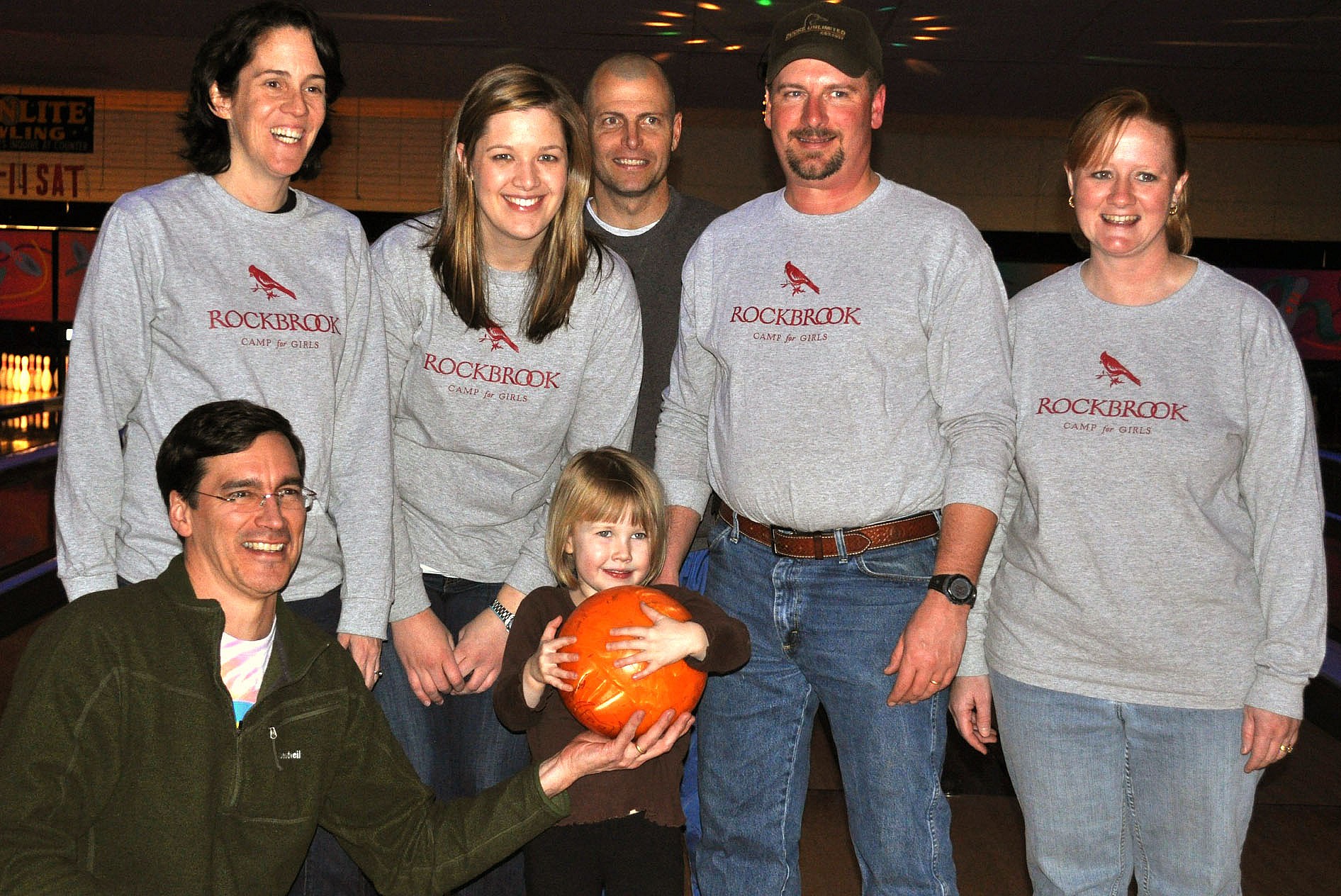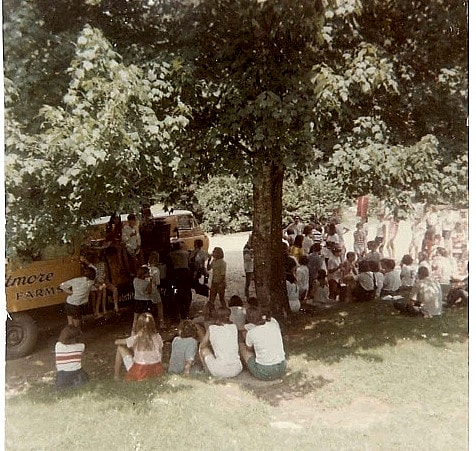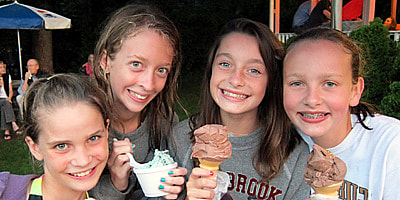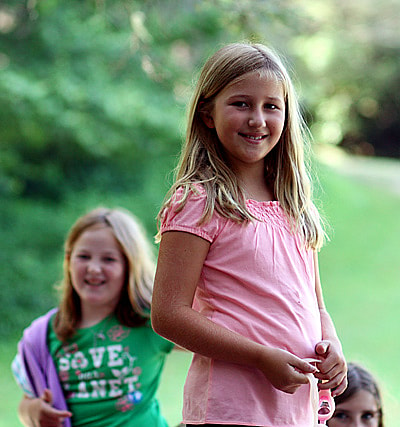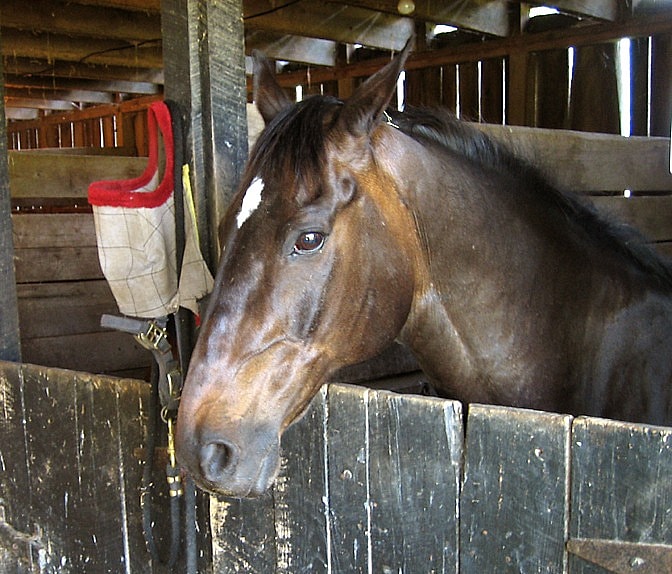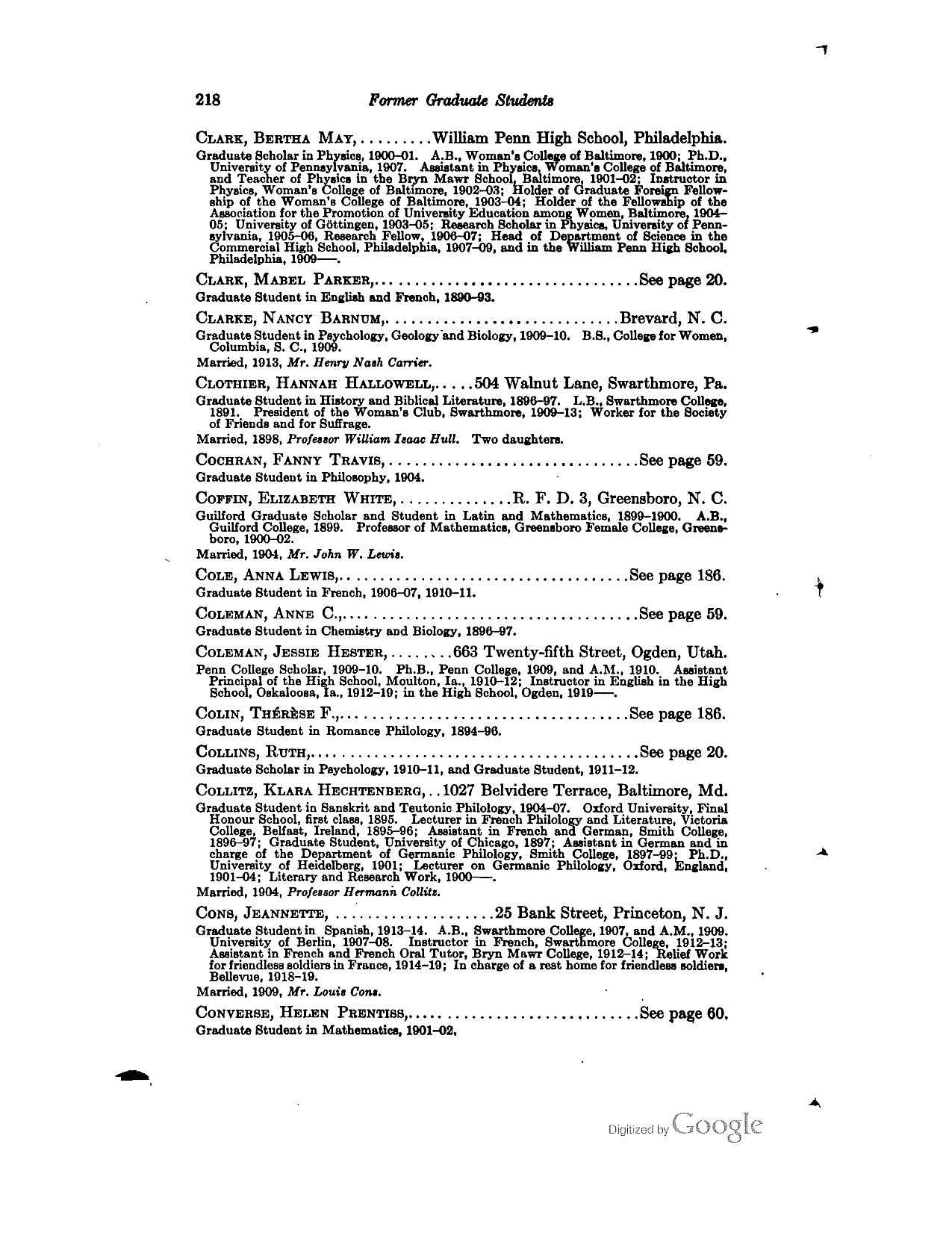About a year ago, the Kaiser Family Foundation published the results of an extensive study examining the amount of time children (ages 8-18) spend consuming different forms of media for recreation: TV, movies, Internet sites, video games and mobile devices (ipods, tablets, and smart phones). They conducted the study by surveying children in 2009, following similar efforts in 1999 and 2004. The goal was to quantify average media use and show trends over time.
The trends really aren’t too surprising, but the quantities have to make you pause. Overall, daily media use among children and teens is up dramatically from 5 years ago. This follows from an increase in the availability of recreational technology (in particular mobile devices— no longer must we be at home or plugged into a wall to consume electronic entertainment), but also from a tendency to allow children unrestricted access to television, video games and computers. Interestingly, the study does not count text messaging or using a cellphone for a telephone call. So what are the totals? Here’s a summary of the findings:
- 7 hours, 38 minutes of media comsumption per day (53 hours per week)
- 64% say the TV is on during meals
- cellphone ownership has grown from 39% to 66%
- Black and Hispanic children consume nearly 4.5 more hours of media per day
- 75% of 7th-12th graders have a social networking profile
The study makes no conclusions beyond reporting these averages. It does not suggest, for example, a cause and effect connection between high media use and poor grades in school (though it does show that correlation). Essentially, whatever the consequences of electronic media/entertainment use, we have confirmation here that they are increasing.
There is, however, another conclusion we can’t ignore. As children spend more of their free time consuming electronic media, they are certainly spending less time doing other things, perhaps valuable things. Just think of what else our kids could be doing during those 53 hours each week! They could be playing outside (our favorite!), forming new friendships, developing their creative powers, or being physically active. And this is just scratching the surface. There’s no doubting the allure of technology and its power to push aside other beneficial, more human, activity. With this study, we have evidence that for our children, more and more is being pushed aside.
Camp, as we’ve mentioned before, is a place where we intentionally turn off our electronics. We reclaim those 53 hours! And spend our time actually doing things: arts and crafts, sports, horseback riding, outdoor adventure, singing, dressing up, and pretty much playing around all day long. Far beyond what electronic entertainment media provides, spending a few weeks at a summer camp like Rockbrook is a wonderful opportunity for children to exercise so much more of who they are. Camp reminds them that “life is much more fun in the real world.”



